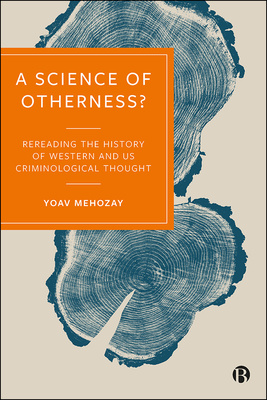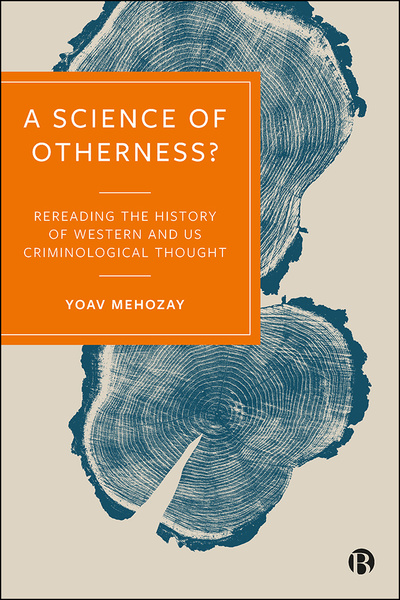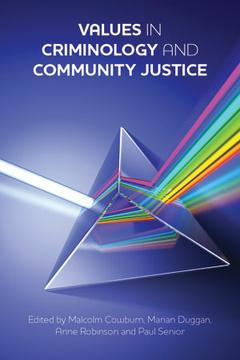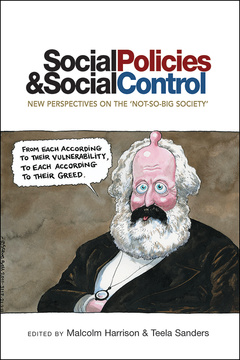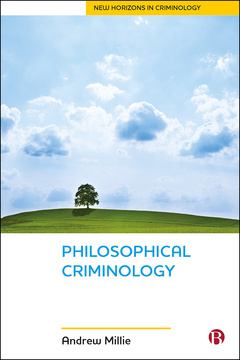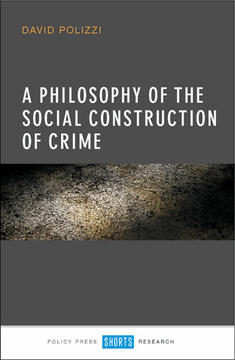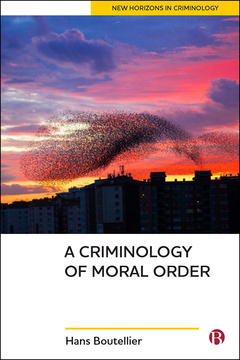A Science of Otherness?
Rereading the History of Western and US Criminological Thought
By Yoav Mehozay
Published
3 Nov 2023Page count
172 pagesISBN
978-1529209129Dimensions
234 x 156 mmImprint
Bristol University PressPublished
3 Nov 2023Page count
172 pagesISBN
978-1529209143Imprint
Bristol University PressPublished
3 Nov 2023Page count
172 pagesISBN
978-1529209143Imprint
Bristol University PressThis book presents a critical history of Western criminological thought from the Enlightenment to the development of modern criminological theories, mainly in the United States, over the last hundred years. It explores a variety of approaches including the classical school, the various currents of positivist criminology, and the managerial movement.
Mehozay contends that Western criminological thought can be seen as an ideological project based on ‘otherness’, justifying social hierarchies and sustaining the control of some people over others. He demonstrates how ideologies of otherness, such as the non-rational other, the pathological other and more, validate projects of control, exclusion, modernization, and care.
“Mehozay provides an unabashed intellectual history of criminology that embraces its dynamism but also highlights its core concern. A succinct but deeply researched discussion of the major strands of Western and especially US criminological thought since the Enlightenment.” Jonathan Simon, University of California, Berkeley
"Mehozay takes us on a journey into the depths of the Western criminological tradition, exposing its long-standing collusion with colonial subjugation, racial domination, and class rule. A must-read for anyone interested in understanding the epistemological foundations of the politics of punishment." Alessandro De Giorgi, San Jose State University
Yoav Mehozay is Senior Lecturer in the School of Criminology at Haifa University.
1. Introduction: Criminology as Otherness?
2. The Classical School: Otherness as an Ideology of an Imaginary Bourgeois Society
3. The Early Days of Positivist Criminology: An Ideology of Universalism and Otherness
4. Two Versions of Otherness: Between Eugenics and Modernization Theory
5. Otherness as Subculture
6. Managing the Other: Otherness in Practice
7. Conclusion: A Science of Otherness?







